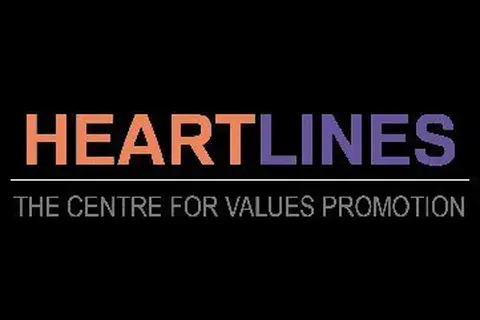The "why?" behind our spending
Gang
It is often said that what you spend most of your money on reflects what is most important to you. This festive season provides an opportunity to pause and think before you spend.
Since its inception in June 2014, the Heartlines’ Money Values project in partnership with Nedbank has interacted with over 140 000 South Africans in 56 communities, across the country, helping ordinary South Africans develop financial literacy. In these communities, Heartlines has worked with community-based NGOs, schools, corporates and political parties.
Young people and money
In a country where many are living in poverty, others are struggling to keep up with the rising cost of living, while others still are increasingly finding themselves in debt – both young and old are feeling the pinch of a tough economic climate.
“We work from cradle to grave- so we train Early Childhood Development (ECD) practitioners and ECD centre owners on how to teach money values, using especially created storybooks with the children. We do the same training for primary school teachers, and they use the information to augment their social science lessons, says Zamabongo Mojalefa – Heartlines’ Programmes and Activations Manager.
“In high schools we run morning assemblies, Life Orientation classes and teacher workshops. In TVET universities and colleges we often work with the student support services running workshops and movie viewings for the students. We also do workshops for the staff (admins, cleaners and lecturing staff).
Wrong attitude about money
The five key money values covered in the programme are: honesty in earning, responsibility in spending, wisdom in borrowing, self-control in saving and generosity in giving.
“Financial literacy is not a taught skill in most South African communities but through research Heartlines has found that the problem does not lie with the literacy but with the attitudes and values that people attach to money. South Africans on the street, no matter what their colour and bank balance, all seem to have a problem when comes to their attitude and thinking about money,” Zamabongo adds.
For youth, issues of early teen pregnancy, substance abuse, crime and rampant youth unemployment are on the agenda. With older members of the community, Heartlines usually shows its feature film Nothing for Mahala which leads to conversations and workshops on money values.
Supporting municipalities and money management
The project has been given the thumbs up by some municipalities which have identified it as a great resource for extended public works programmes, and political parties have also joined in on the conversation offering Heartlines a platform to reach members of their youth leagues.
Despite the economic challenges South Africans are faced with, a dedication to teaching positive attitudes around money is a stepping stone to alleviate some of these challenges and bring hope to young people for a better financial future.
This rings true of American politician Benjamin Franklin’s sentiment who once said of money and education: “An investment in knowledge pays the best interest”.
Featured





